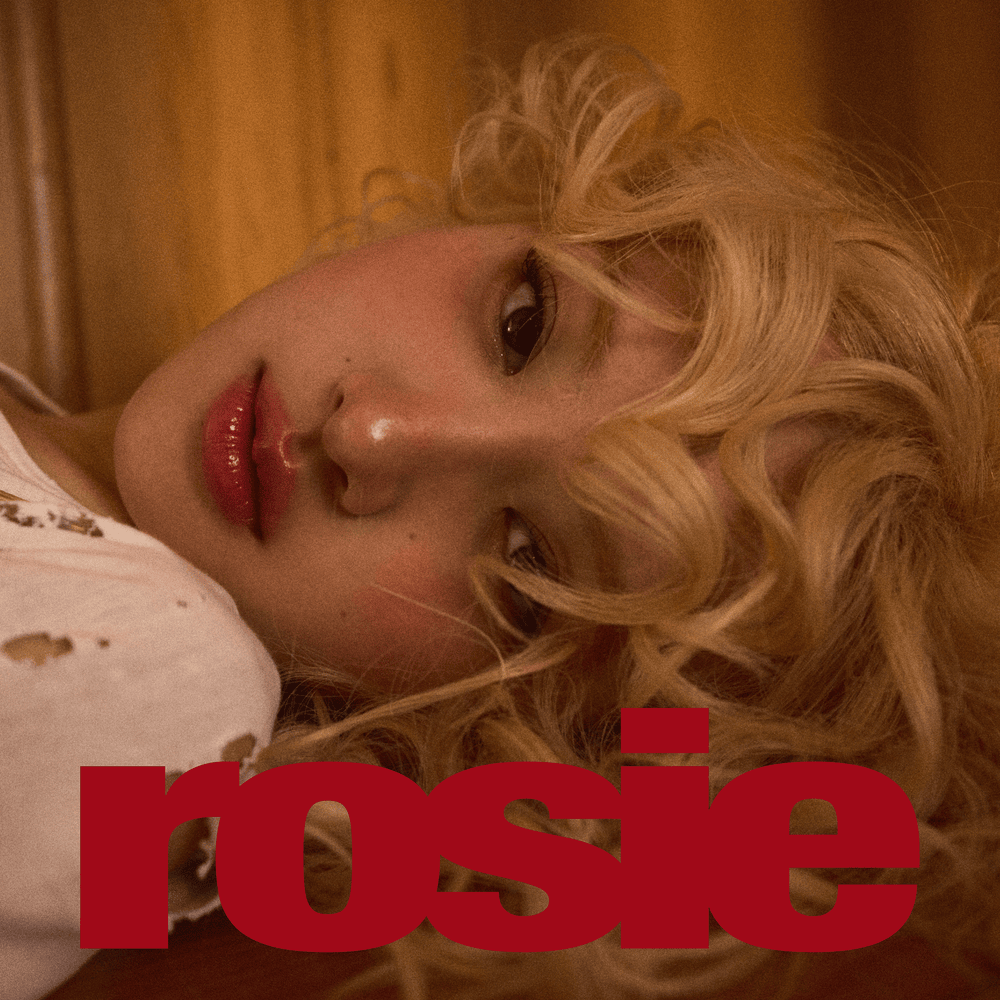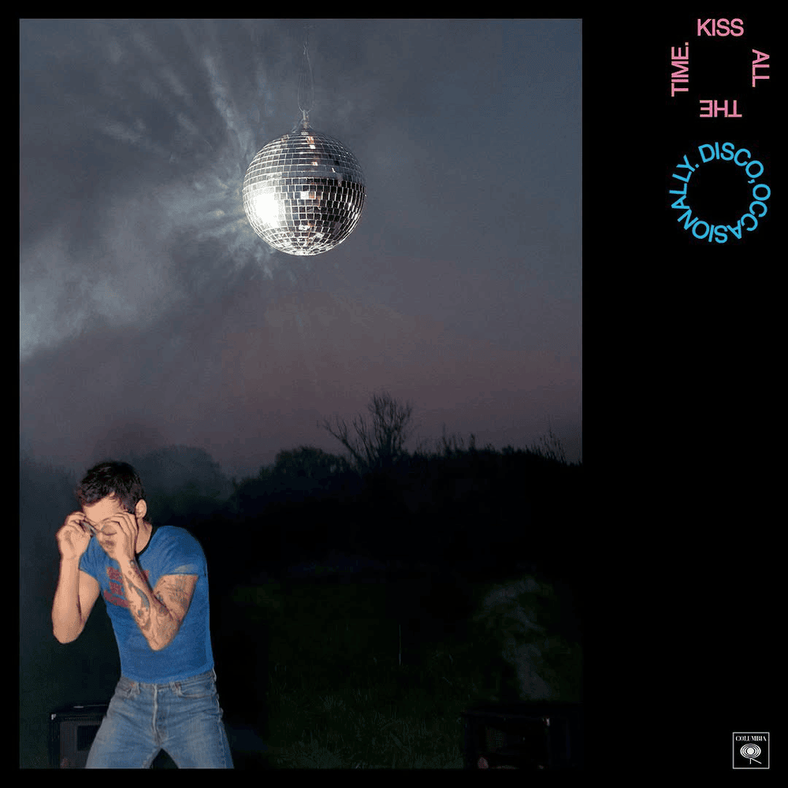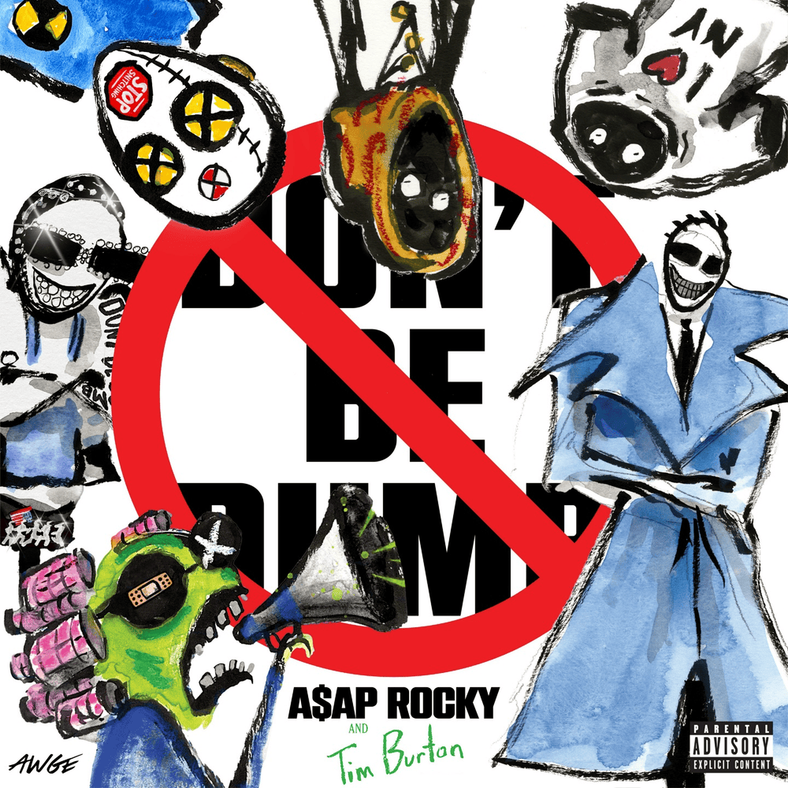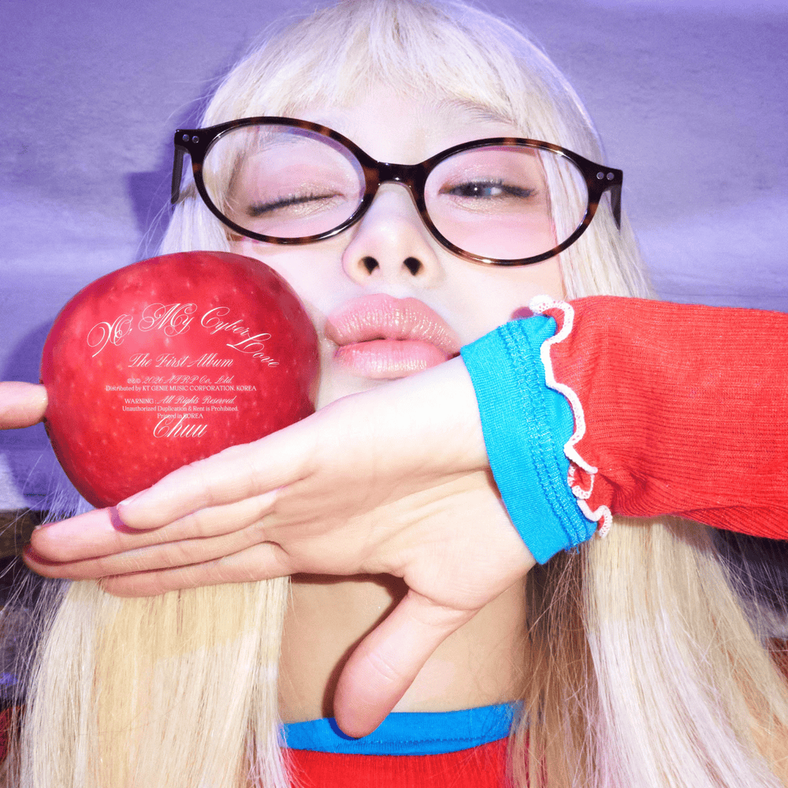Rating: 7/10
Rosé, a member of the globally renowned K-pop group BLACKPINK, released her highly anticipated debut studio album “rosie” on Dec. 6.
In December of last year, news broke that BLACKPINK had chosen not to renew their solo contracts with YG Entertainment, the label that had managed them since their inception. Rosé, along with fellow members Jennie, Jisoo and Lisa, turned to other sources of management for their solo careers. Fans were relieved to learn that the group as a whole remained signed to the company.
From this new direction, “rosie” was born. Described as a “therapy session” for her in an interview with Vogue, Rosé channels an unprecedented level of vulnerability in the album — a sharp contrast to the polished, top-down nature of her persona as a part of BLACKPINK.
Get The Daily Illini in your inbox!
“I really cannot wait for my fans to listen to my music and feel that much closer to me, because it really is a lot of my personality that my friends and family know,” Rosé said on the subject of the album’s name, inspired by a nickname given to her by loved ones.
You can tell that this is new ground for the singer-songwriter. The album is careful not to stray far from the safety of the pop roots that Rosé is accustomed to, echoing the lyrical style and instrumental habits of icons like Taylor Swift and Olivia Rodrigo to varying levels of success.
Duds like “not the same,” “call it the end” and “dance all night” are not going to change the music game anytime soon, but they manage not to overshadow the many moments where Rosé masters her chosen genre.
Take the introductory track, “number one girl.” Well-versed in the pressures of being a highly-scrutinized public figure since her late teens, Rosé captures the desperation of wanting to be loved through external validation. She expresses that insecurity to an obsessive extent, begging the audience to tell her that she’s “worth it” and “enough.”
“I wanted to be disgustingly honest,” Rosé said in an interview with Apple Music about the song’s production process. “And I’d be like, ‘more!’ I just don’t want it to be sugar-coated at all. I don’t even want to act confident here.”
On this track, she worked alongside Amy Allen, one of the writers behind chart-topper “Espresso” by Sabrina Carpenter.
Rosé’s reputation as the main vocalist of BLACKPINK precedes her, but the honesty of “rosie” gives her a platform to take her success to a whole new level. Her intricate and powerful emotional articulation in “number one girl” never falters throughout the album, and her name in the credits of every song highlights a previously absent creative involvement for the singer-songwriter that cannot be ignored.
In addition to “number one girl,” the tracks “two years” and “stay a little longer” are notable examples of Rosé’s vocal prowess. Both about the difficulty of letting go and moving on, Rosé uses this complex subject matter to put forth her rawest performances.
It would be disrespectful to disregard the album’s buttery production and impeccable sound. An impressive roster of producers who have worked with artists from Miley Cyrus to Lil Nas X keep the project fresh and catchy, interspersing earworms like “gameboy” and “drinks or coffee” through an otherwise somber album.
Tracks like “toxic till the end” and “3am” exemplify the struggle of learning from unhealthy relationships and mindsets. Anthem-like choruses and self-aware lyrics serve as closure for Rosé to acknowledge her regret and bitterness. The album lays the turbulency of these feelings to rest in the acceptance of “too bad for us,” the penultimate track before the hopeful “dance all night.”
Amid an album strife with serious romantic reckoning, “APT.” stands out as a refreshing intermission with a playful, punky beat. Borrowing its title and introductory lines from a popular Korean drinking game, the song features an irresistible chant of a chorus and Bruno Mars’ silky-sweet verses.
It’s no wonder Rosé released “APT.” first in her promotions for “rosie.” The track explodes with easygoing energy and flirty, casual lyrics unchained by the emotional weight present throughout the rest of the album. Plus, it’s hard to forget its record-breaking success on the charts and social media.
Even at its most cheerful, “rosie” softens Rosé from a picture-perfect idol to a mere human being. The album contains none of the usual pretense of a flashy BLACKPINK track — Rosé gives herself over entirely to listeners, naked and sincere. It might take a while before she can firmly distinguish herself from her history and peers, but for now, the truth is ultimately all we can ask for.








